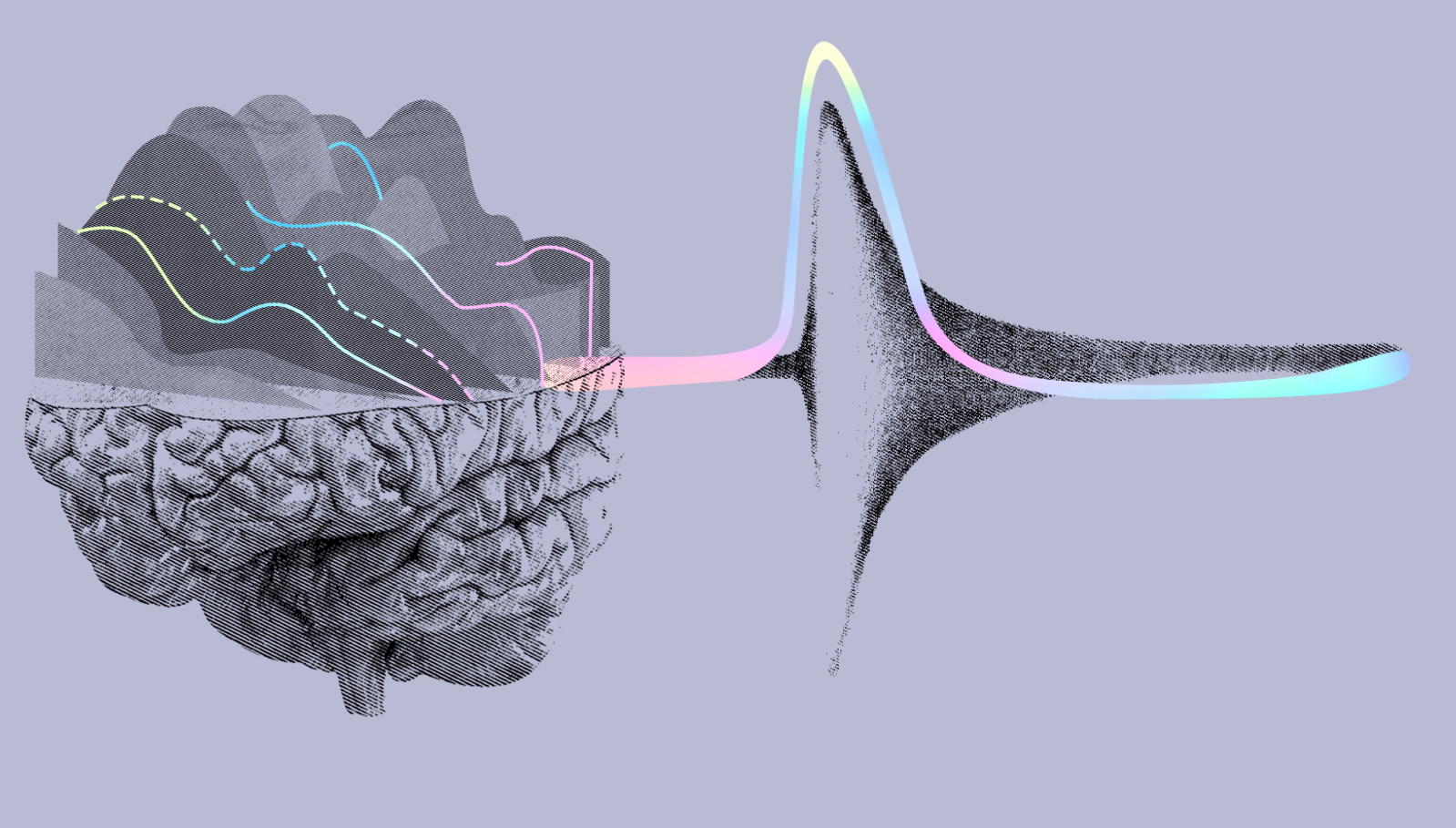
India’s intensely competitive ride-hailing sector is witnessing a significant shift in its investment landscape as leading global venture capital firms, Accel and Prosus, deepen their commitment to Rapido, a formidable local challenger. This strategic capital infusion comes on the heels of Indian two-wheeler manufacturing giant TVS Motor divesting its entire stake in the burgeoning mobility platform, marking a profitable exit for the automotive company and signaling a new phase of growth and competition for Rapido. The transaction underscores the dynamic nature of India’s digital economy, where strategic alliances and robust funding are crucial for market leadership.
India’s Dynamic Mobility Landscape: A Market Ripe for Disruption
India, with its vast population, rapidly urbanizing centers, and growing digital adoption, presents an irresistible frontier for mobility solutions. The ride-hailing market, in particular, has exploded over the past decade, transforming how millions commute. Before the advent of app-based services, urban transportation primarily relied on traditional taxis, auto-rickshaws, and an extensive, albeit often chaotic, public transport network. The entry of global players like Uber and local giants like Ola revolutionized this space, introducing convenience, transparency, and often more affordable options through digital platforms.
The market is characterized by high demand, especially in tier-1 and tier-2 cities, where traffic congestion and the need for efficient last-mile connectivity are paramount. However, it’s also fraught with challenges, including intense price competition, driver acquisition and retention issues, varying regulatory frameworks across states, and the constant pressure to innovate. The sheer scale of the opportunity, coupled with India’s relatively low per capita car ownership compared to Western nations, means that shared mobility solutions are not just a convenience but a necessity for a significant portion of the populace. This environment fosters a fierce battle for market share, where companies must continually adapt and diversify their offerings to survive and thrive.
Rapido’s Ascent: From Bike Taxis to Multi-Modal Super-App Ambitions
Founded in 2015, Rapido carved out its niche by initially focusing on bike taxis, a segment that proved particularly popular in India’s congested urban centers for its speed and affordability. This strategic entry point allowed Rapido to gain a strong foothold, catering to a demographic often overlooked by car-centric ride-hailing services. Bike taxis offered a quick, economical, and agile solution for navigating traffic, appealing to daily commuters, students, and professionals alike.
Over the years, Rapido has demonstrated a keen understanding of the Indian market’s evolving needs, expanding its services beyond two-wheelers. Recognizing the widespread use and cultural significance of auto-rickshaws in Indian cities, the company strategically integrated auto-rickshaw bookings into its platform. This move broadened its appeal and allowed it to compete more directly with established players offering similar services. Subsequently, Rapido further diversified its portfolio by adding car services, positioning itself as a comprehensive, multi-modal mobility provider. This expansion reflects a broader trend among ride-hailing platforms globally to offer a full spectrum of transportation options, catering to different price points and preferences.
Beyond passenger transport, Rapido has also ventured into the logistics sector, offering courier services. This diversification leverages its existing network of drivers and riders, transforming them into a flexible, on-demand delivery fleet. More recently, in a bold move that signals its "super-app" ambitions, Rapido began piloting a food-delivery service in select cities. This strategic pivot places it in direct competition with entrenched food-delivery behemoths like Swiggy and Zomato, highlighting its aggressive growth strategy and its aspiration to become an indispensable part of urban daily life.
TVS Motor’s Strategic Divestment: A Profitable Exit
The catalyst for this latest investment round was the complete divestment of TVS Motor’s stake in Rapido. On a recent Thursday, the automotive giant formally announced in a stock exchange filing that it had sold its entire holding in Rapido for ₹2.88 billion (approximately $32 million). This transaction not only provided liquidity but also secured an impressive return of more than 152% for TVS Motor over a period of just three years.
TVS Motor, one of India’s leading two-wheeler and three-wheeler manufacturers, initially invested in Rapido in April 2022. This investment was part of Rapido’s $180 million Series D funding round, where TVS Motor acquired its stake for ₹1.14 billion, joining a roster of existing backers including WestBridge Capital, Shell Ventures, and Nexus Venture Partners. At the time, TVS Motor’s investment was seen as a strategic move to tap into the burgeoning shared mobility market and potentially explore synergies with its core manufacturing business, such as electric vehicle integration or fleet management solutions.
The decision to exit now, despite Rapido’s continued growth, can be viewed through several lenses. For a traditional manufacturing company, realizing a significant return on investment in a relatively short period can be a prudent financial strategy, allowing them to reallocate capital to core business activities or other strategic ventures. It might also reflect a recalibration of long-term strategic priorities, where the direct operational involvement in a ride-hailing platform no longer aligns with the automaker’s primary focus. The substantial profit generated underscores the strong growth trajectory of Rapido during TVS Motor’s holding period and the robust investor appetite for India’s tech ecosystem.
Accel and Prosus: Deepening Stakes and Future Prospects
The beneficiaries of TVS Motor’s exit are Accel and Prosus’s investment unit, MIH Investments, both of whom acquired equal portions of the divested shares. Accel purchased 11,997 preference shares in Rapido, while Prosus acquired 11,988 preference shares and 10 equity shares. Each investor contributed approximately ₹1.44 billion (roughly $16 million) to the transaction.
For Accel, this investment marks a significant return to India’s ride-hailing sector, where it was an early and instrumental backer of Ola, one of the country’s dominant players. Accel’s prior experience with Ola provides invaluable insight into the market’s complexities and opportunities, suggesting a calculated decision to support Rapido. Their renewed interest indicates a strong belief in Rapido’s business model, its leadership team, and its potential to capture a larger share of the dynamic Indian mobility market. This move could also be seen as a diversification strategy within Accel’s portfolio, hedging bets across multiple strong contenders in the same sector.
Prosus, a global consumer internet group and one of the world’s largest technology investors, is already a significant existing investor in Rapido. This latest acquisition further expands its stake, signaling unwavering confidence in the platform’s future. Prosus has a deep and extensive investment footprint in India, with significant holdings in companies across various sectors, including food delivery (Swiggy), edtech (Byju’s), and fintech. Its continued investment in Rapido aligns with its broader strategy of backing promising companies in high-growth emerging markets. Earlier, in September, Prosus also increased its stake through another secondary share sale when food delivery giant Swiggy divested its entire holding in Rapido. That particular transaction notably doubled Rapido’s valuation to an impressive $2.3 billion, as reported by TechCrunch.
The Super-App Convergence and Conflict of Interest
The evolving competitive landscape in India’s digital economy is characterized by a drive towards "super-app" models, where platforms offer a multitude of services from a single interface. Rapido’s expansion into courier services and, more critically, its pilot program for food delivery, exemplifies this trend. This strategy aims to increase user engagement, capture a larger share of consumer spending, and create network effects that enhance loyalty.
However, this diversification also creates new competitive dynamics and potential conflicts of interest. The most prominent example is Swiggy’s earlier decision to sell its stake in Rapido. Swiggy, a leading food delivery platform, exited its investment citing a potential conflict of interest as Rapido began to expand into the food-delivery market. This is a classic strategic move in the venture capital world: while investors may initially back companies with complementary services, direct competition necessitates a re-evaluation of portfolio alignment. Interestingly, both Accel and Prosus are also early backers of Swiggy, highlighting the intricate web of investments and strategic considerations within the Indian tech ecosystem. The common investors in competing entities require careful navigation to avoid perceptions of favoritism or information asymmetry.
Market Impact and Future Outlook
The fresh capital injection from Accel and Prosus is expected to provide Rapido with a significant war chest, empowering it to accelerate its expansion plans. This could translate into increased investments in technology, enhancing its platform’s efficiency and user experience. It will also likely fuel aggressive marketing campaigns to attract new users and drivers, as well as driver incentive programs crucial for maintaining a reliable supply side. Furthermore, this capital could facilitate geographic expansion into new cities and potentially support further diversification of services.
The Indian ride-hailing and delivery markets are poised for continued growth, driven by increasing smartphone penetration, affordable data, and a young, digitally-native population. However, profitability remains a significant challenge for many players, often requiring a delicate balance between aggressive growth and sustainable unit economics. The intensifying competition from well-funded rivals like Uber, Ola, and InDrive, alongside the new battlefront in food delivery against Swiggy and Zomato, means that Rapido will need to execute its strategy flawlessly.
Discussions are reportedly underway between Rapido, Accel, and Prosus for a new primary funding round that could materialize next year. The exact funding size is yet to be determined, but such a round would further solidify Rapido’s financial position, enabling it to innovate and compete effectively in an environment where strategic capital, technological prowess, and deep market understanding are the ultimate determinants of success. The continued backing from global investment powerhouses like Accel and Prosus underscores their long-term belief in Rapido’s potential to emerge as a dominant force in India’s vibrant and ever-evolving mobility sector.






